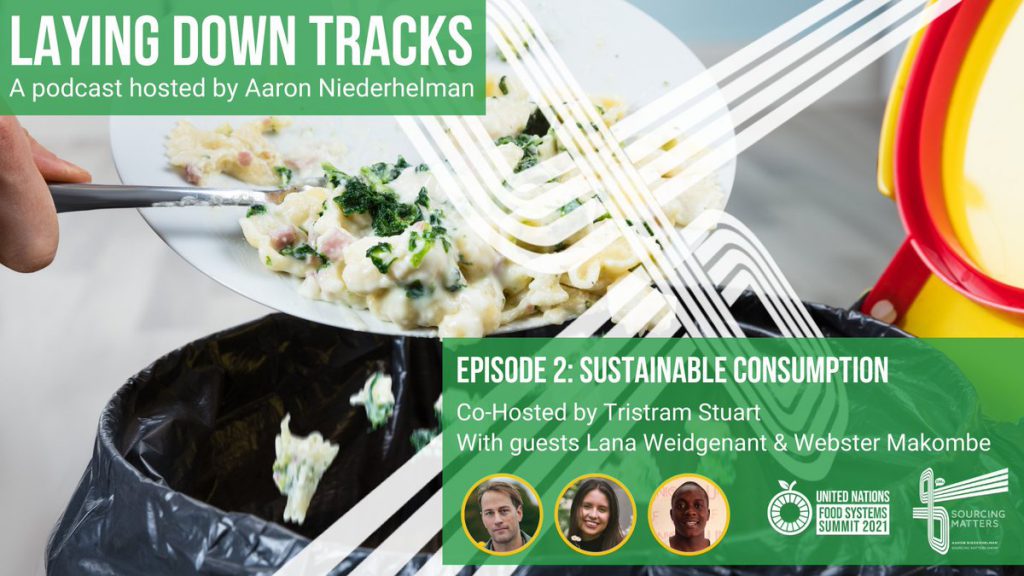
a UN Food System Summit & Sourcing Matters miniseries
Together, the UN Food Systems Summit and Sourcing Matters launch their new and thought-provoking podcast series, Laying Down Tracks.
This inspiring 8-part miniseries, led by Aaron Niederhelman, will feature world experts on issues related to world hunger, malnutrition, climate change, and much more. Focused on the real experiences of rolling out the United Nations Sustainable Development Goals, each episode will bring forward solutions through motivating discussions.
We are laying down tracks to head into a new world where our food systems mean prosperity for people and the planet. Listen now to Laying Down Tracks (LDTs) to learn how you, too, can help save our planet.
EPISODE TWO:
Sustainable Consumption
Host: Aaron Niederhelman, Sourcing Matters podcast
Co-host: Tristram Stuart, co-founder of Feedback and founder of Toast Ale
Guest: Lana Weidgenant, Deputy Director of Zero Hour International and UN Food Systems Summit Vice-Chair for Action Track 2
Guest: Webster Makombe, law student and youth activist from Scaling Up Nutrition Movement
—
‘Laying Down Tracks’ ep.2:
If food waste was a country, it’d be the third biggest global greenhouse gas emitter. “We waste at least a third of the world’s food sources. So, a third of all that environmental impact is happening for no good reason, just for food to be left to rot,” said author and activist Tristram Stuart as he joins Aaron Niederhelman as co-host for this second episode. Stuart is known for his craft beer line Toast Ale, which turns a potential food waste magically into beer. That is something we can all cheers to.
He is joined by Lana Weidgenant, Deputy Director of Zero Hour International and UN Food Systems Summit Vice-Chair for Action Track 2, and Webster Makombe, a law student and youth activist from Scaling Up Nutrition Movement. Sustainable consumption is becoming more of a priority from each generation to the next says Weidgenant, while Makombe shares how local foods are changing consumption habits in Zimbabwe.
Join us to hear all about how you can change your consumption habits – and your beer choice – to create lasting changes in our food systems.
credits:


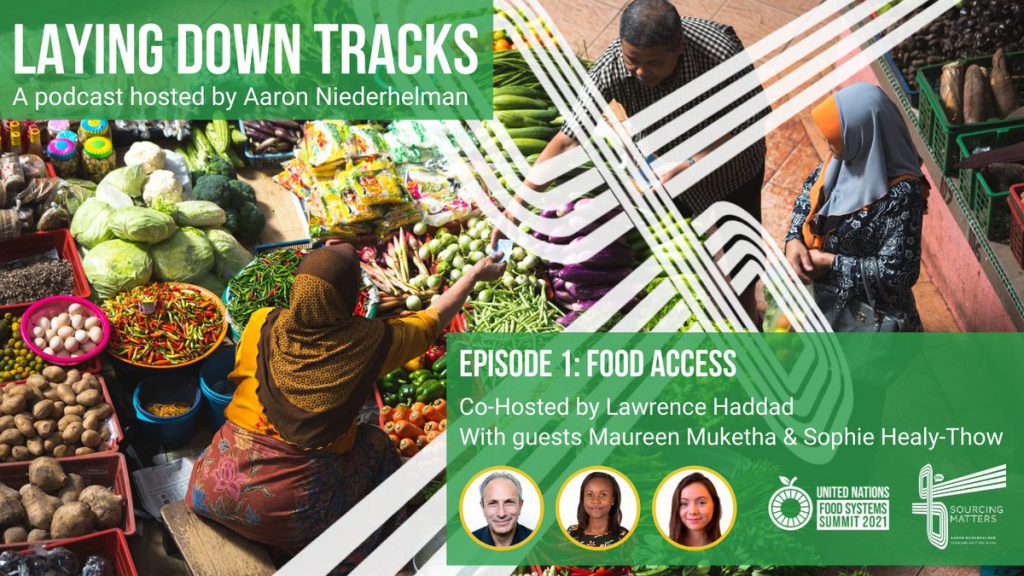
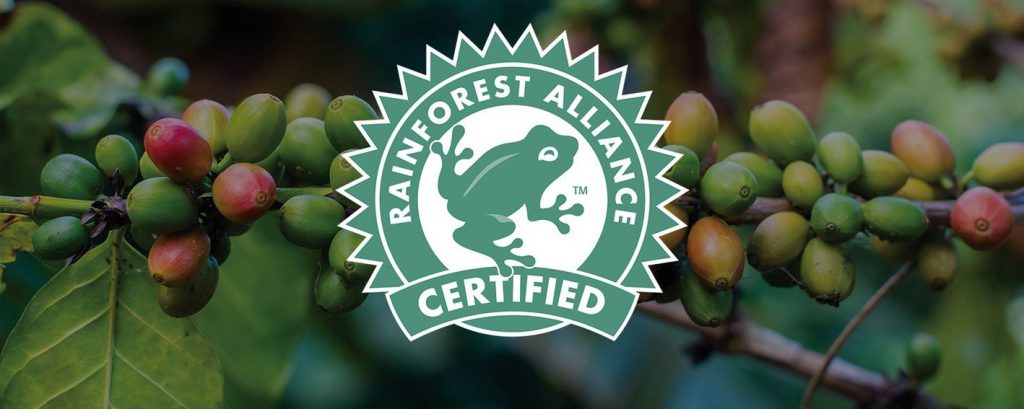
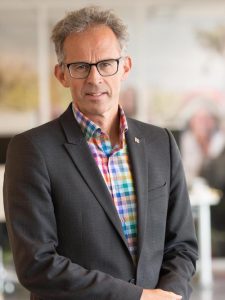 Han has dedicated his career to sustainable development. After studying economics at the University of Wageningen, he worked for more than 12 years at Oxfam Novib, eventually leading the organization’s work in Eastern and Southern Africa. In 1998 Han joined the Dutch government. From 2005 to 2010, he held various positions at the Ministry of Agriculture, Nature and Food Quality, including Deputy Director for Nature. Joining as co-host in episode 94 is Mike Bellamente. Mike invested many years helming Gary Hirshberg’s environmental accountability organization. As former Executive Director at Climate Counts Mike gained traction and the attention of huge brands, and over 20K high-impact followers. Bellamente lead this third-party certifier of Green/Sustainable corporate practice into the mainstream – via the wallets and ideology of consumers who care. Mike now uses his developing company ‘Naked Bullfrog’ to empower more consumer engagement throughout their local & regional communities.
Han has dedicated his career to sustainable development. After studying economics at the University of Wageningen, he worked for more than 12 years at Oxfam Novib, eventually leading the organization’s work in Eastern and Southern Africa. In 1998 Han joined the Dutch government. From 2005 to 2010, he held various positions at the Ministry of Agriculture, Nature and Food Quality, including Deputy Director for Nature. Joining as co-host in episode 94 is Mike Bellamente. Mike invested many years helming Gary Hirshberg’s environmental accountability organization. As former Executive Director at Climate Counts Mike gained traction and the attention of huge brands, and over 20K high-impact followers. Bellamente lead this third-party certifier of Green/Sustainable corporate practice into the mainstream – via the wallets and ideology of consumers who care. Mike now uses his developing company ‘Naked Bullfrog’ to empower more consumer engagement throughout their local & regional communities.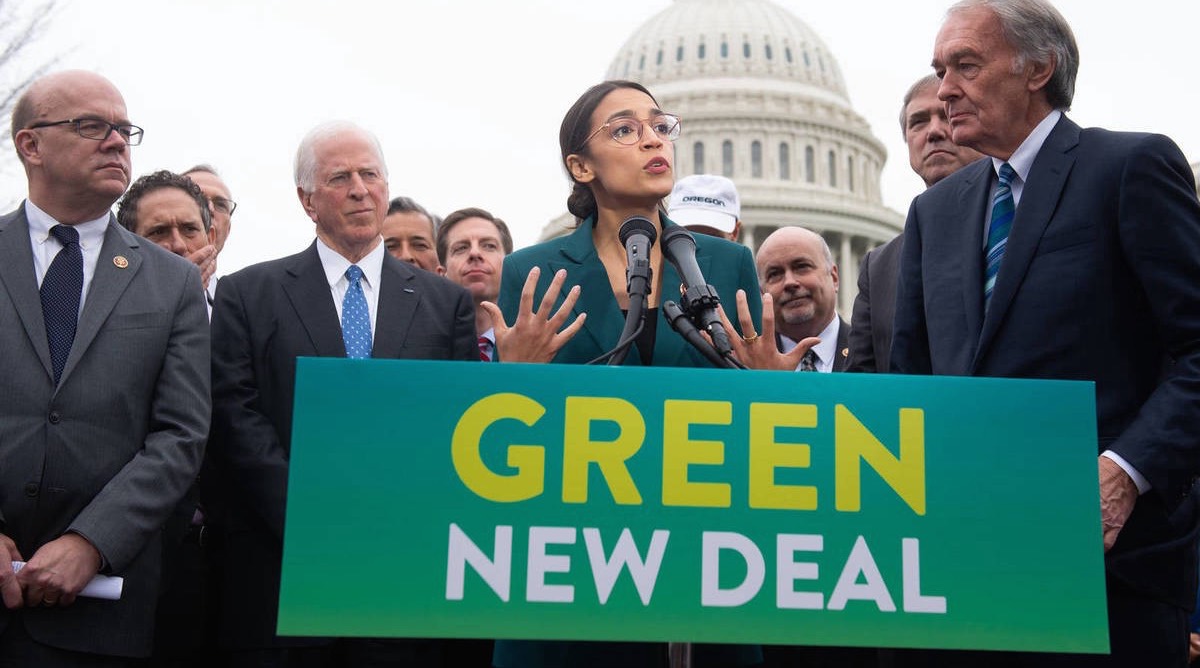
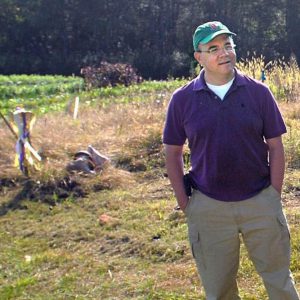
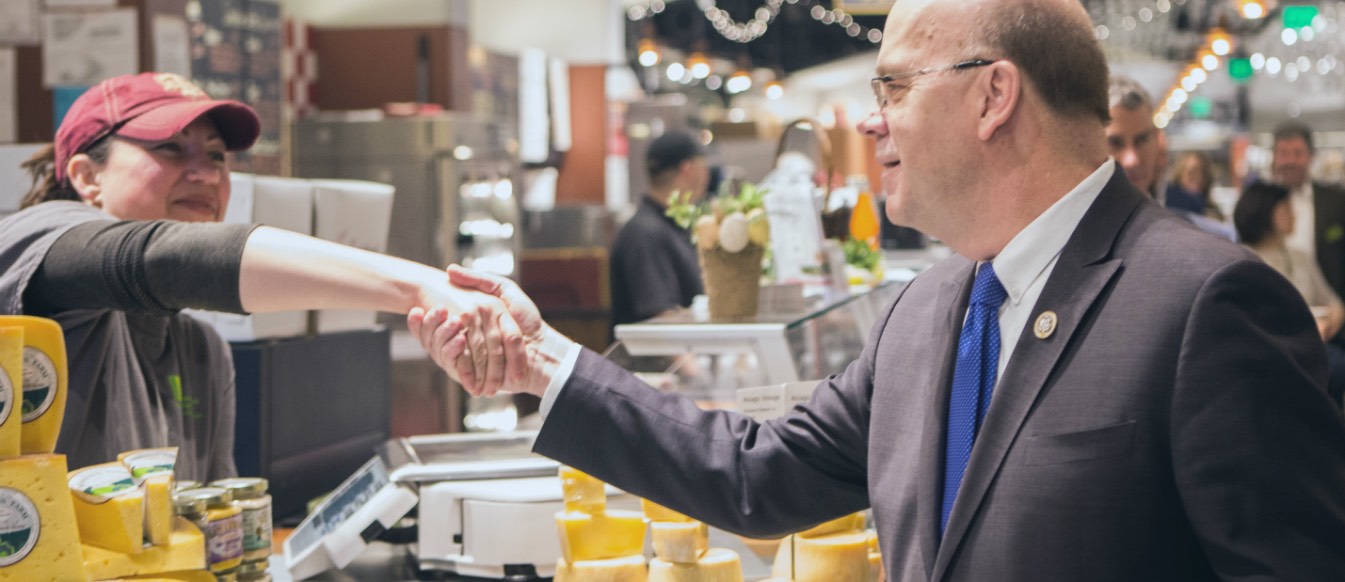
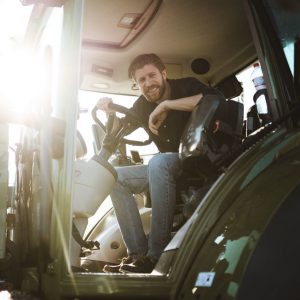 Through regenerative food production and forestry management; through hunting excursions and land stewardship initiatives; through a royal bed & breakfast and restaurant – Bösel offers patrons a unique experience dedicated to capturing and sharing the vitality found in nature’s systems. Since Benedikt has taken the reins of this 7500 acre estate located 1 hour east of Berlin – it’s become an Agtech innovation hot-bed, and an epicenter for testing / implementing Regenerative Natural Resource Management at scale.
Through regenerative food production and forestry management; through hunting excursions and land stewardship initiatives; through a royal bed & breakfast and restaurant – Bösel offers patrons a unique experience dedicated to capturing and sharing the vitality found in nature’s systems. Since Benedikt has taken the reins of this 7500 acre estate located 1 hour east of Berlin – it’s become an Agtech innovation hot-bed, and an epicenter for testing / implementing Regenerative Natural Resource Management at scale.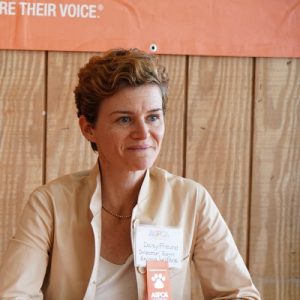 As you’ll hear, Daisy is on a mission to harmonize the interests of consumers, advocates and business through her programs. In our 40 minute conversation we learn more about how these new consumer facing platforms can be used in your day-to-day. We discover what drove the ASPCA to include farm animals in their focus – along with companion animals. We hear about Daisy’s background and influences which has lead her to tackle these big problems facing our society today. We also learn how we can take these concerns mainstream – and with what partners. And, we hear how this effort to drive change through empowerment may just be our best path forward in finding shared solutions for diverse stakeholders in food.
As you’ll hear, Daisy is on a mission to harmonize the interests of consumers, advocates and business through her programs. In our 40 minute conversation we learn more about how these new consumer facing platforms can be used in your day-to-day. We discover what drove the ASPCA to include farm animals in their focus – along with companion animals. We hear about Daisy’s background and influences which has lead her to tackle these big problems facing our society today. We also learn how we can take these concerns mainstream – and with what partners. And, we hear how this effort to drive change through empowerment may just be our best path forward in finding shared solutions for diverse stakeholders in food.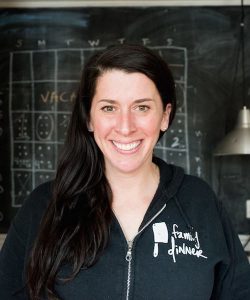 Tune in to our 45 minute discussion to hear how Erin’s background in data science is now impacting regional food sourcing, and production. In codifying a smarter supply chain and being more in-tune with the interests of a modern consumer – Family Dinner is developing scalable tech which would allow anyone to take advantage of regional assets – for anywhere. But, as we learn from Erin – you can’t fake the hard stuff. You need to get your hands dirty and develop the relationships with producers and buyers who are interested in maintaining integrity in their approaches.
Tune in to our 45 minute discussion to hear how Erin’s background in data science is now impacting regional food sourcing, and production. In codifying a smarter supply chain and being more in-tune with the interests of a modern consumer – Family Dinner is developing scalable tech which would allow anyone to take advantage of regional assets – for anywhere. But, as we learn from Erin – you can’t fake the hard stuff. You need to get your hands dirty and develop the relationships with producers and buyers who are interested in maintaining integrity in their approaches.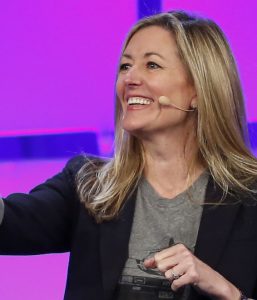 Prior to her current work, Kathleen served as a lead organizer of The Engine, an MIT initiative created to advance innovation. This venture fund and accelerator program was created to provide comprehensive support to transformative ideas from the formative stage to their most effective implementation. Kennedy was also awarded the Folio: 40, which recognizes the most innovative and influential people in the media industry, and named by the Harvard Club as one of Boston’s Most Influential Women of 2017.
Prior to her current work, Kathleen served as a lead organizer of The Engine, an MIT initiative created to advance innovation. This venture fund and accelerator program was created to provide comprehensive support to transformative ideas from the formative stage to their most effective implementation. Kennedy was also awarded the Folio: 40, which recognizes the most innovative and influential people in the media industry, and named by the Harvard Club as one of Boston’s Most Influential Women of 2017.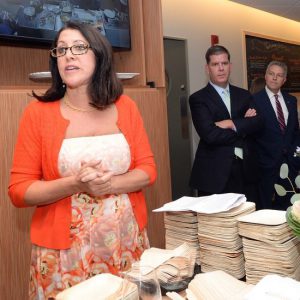 The Boston Public Market launched in 2015 as a year-round indoor market with the mission of bringing seasonal and local food to Boston’s downtown crowd. Everything sold at the market initially comes from somewhere in New England. This includes everything from seafood to ice cream and fresh produce. It is operated by the Boston Public Market Association, a nonprofit organization born from the collaboration between the city of Boston and the Commonwealth of Massachusetts.
The Boston Public Market launched in 2015 as a year-round indoor market with the mission of bringing seasonal and local food to Boston’s downtown crowd. Everything sold at the market initially comes from somewhere in New England. This includes everything from seafood to ice cream and fresh produce. It is operated by the Boston Public Market Association, a nonprofit organization born from the collaboration between the city of Boston and the Commonwealth of Massachusetts.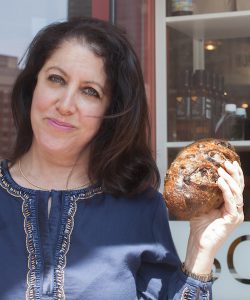
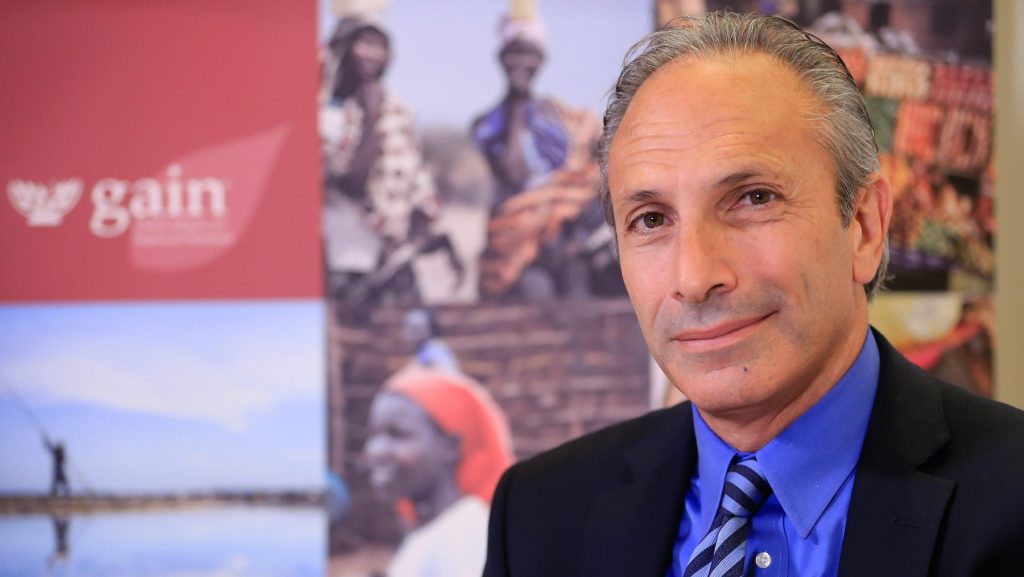 .
.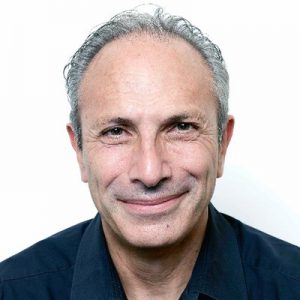 Dr. Lawrence Haddad became the Executive Director of GAIN in October 2016. Prior to this Lawrence was the founding co-chair and lead author of the Global Nutrition Report from 2014 to 2016. From 2004-2014 Lawrence was the Director of the Institute of Development Studies (IDS), the world’s leading development studies institute. Before joining IDS in 2004, he was Director of the Food Consumption and Nutrition Division at the International Food Policy Research Institute (IFPRI) from 1994 to 2004. An economist, Lawrence has a PhD in Food Research from Stanford University. Most recently, in June of 2018 – the World Food Prize Foundation awarded Dr. Haddad the 2018 World Food Prize.
Dr. Lawrence Haddad became the Executive Director of GAIN in October 2016. Prior to this Lawrence was the founding co-chair and lead author of the Global Nutrition Report from 2014 to 2016. From 2004-2014 Lawrence was the Director of the Institute of Development Studies (IDS), the world’s leading development studies institute. Before joining IDS in 2004, he was Director of the Food Consumption and Nutrition Division at the International Food Policy Research Institute (IFPRI) from 1994 to 2004. An economist, Lawrence has a PhD in Food Research from Stanford University. Most recently, in June of 2018 – the World Food Prize Foundation awarded Dr. Haddad the 2018 World Food Prize.